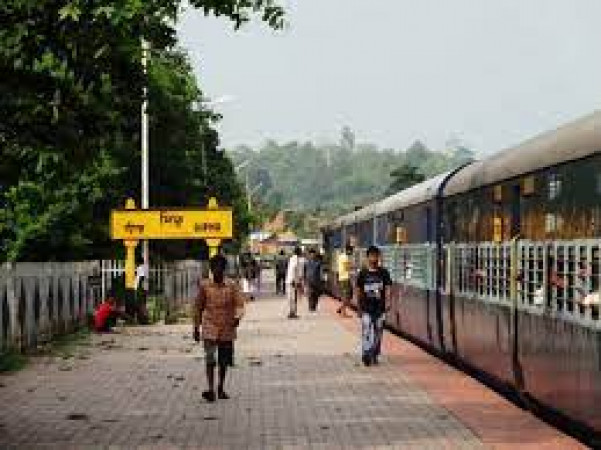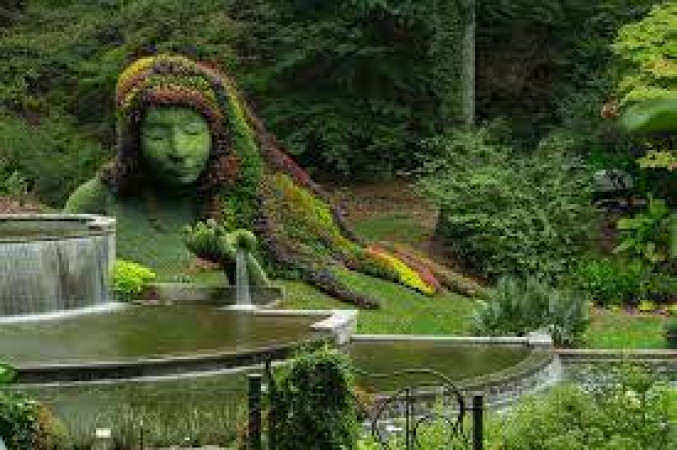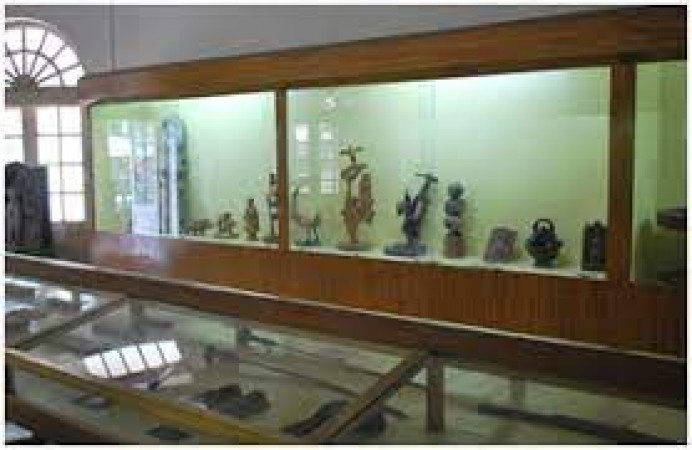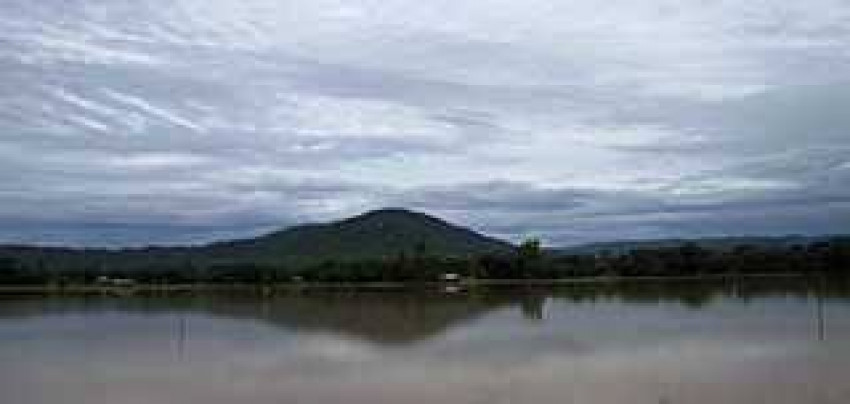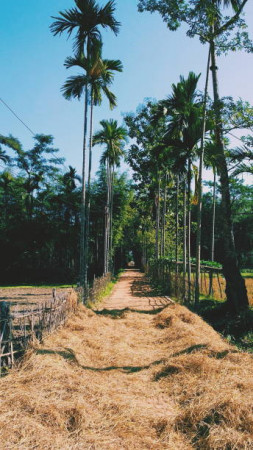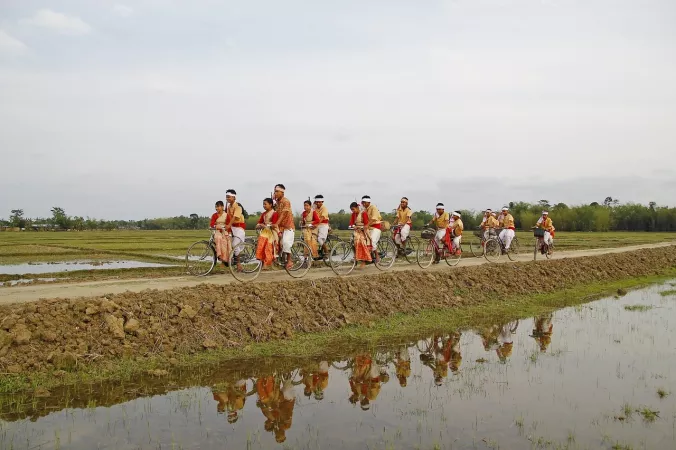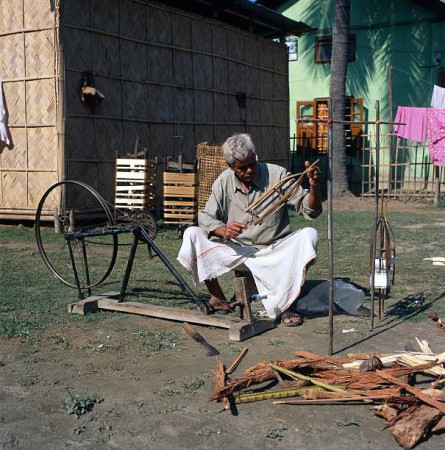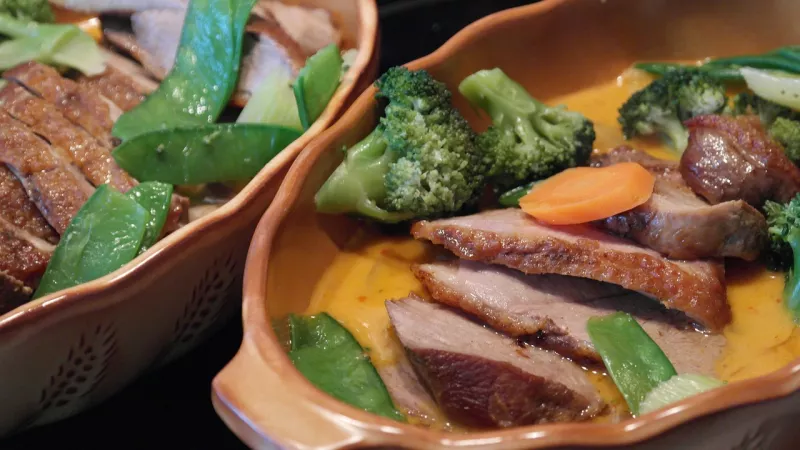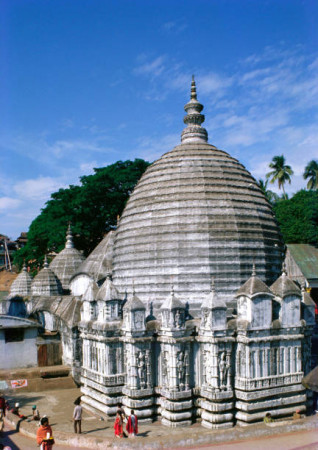Diphu Travel Guide
Diphu, located in the state of Assam, India, is a charming town known for its rich cultural heritage and natural beauty. Nestled amidst the lush greenery of the hills, Diphu has a unique blend of tribal traditions and modern influences. The town holds historical significance as a hub for various indigenous communities, making it a melting pot of diverse cultures. Diphu is famous for its vibrant festivals, traditional handicrafts, and stunning landscapes that attract tourists from far and wide.Top Attractions in Diphu
- Maibang Ruins
- Diphu Waterfall
- Botanical Garden
- Taralangso Cultural Center
- Hot Water Spring
Diphu is Famous for
Diphu is most famous for its cultural diversity and picturesque natural surroundings.Top Attractions in Diphu
- Explore the ancient Maibang Ruins
- Take a refreshing dip in the Diphu Waterfall
- Visit the Botanical Garden for a serene experience
- Immerse yourself in the local culture at Taralangso Cultural Center
- Relax in the therapeutic Hot Water Spring
What's Great about Travelling to Diphu?
- Experience the unique blend of tribal and modern culture
- Explore the stunning natural beauty of the hills
- Participate in colorful local festivals
What's Not So Great about Travelling to Diphu?
- Limited accommodation options for luxury travelers
- Language barriers with the local tribal communities
- Limited nightlife and entertainment options
Travel Tips for Diphu
- Check visa requirements for international travelers
- Prefer local transport for a more authentic experience
- Respect the local customs and traditions
Important Diphu trip information
- Ideal Duration: 3-4 days
- Best Time to Visit: October to March
- Nearby Airports and Railway Stations: Dimapur Airport and Lumding Railway Station
Top 4 Places to visit in Diphu
FAQ's on Diphu
Q1: What is the best time to visit Diphu?
The best time to visit Diphu is during the winter months from November to February when the weather is pleasant and cool. This time is ideal for exploring the natural beauty of the region, attending local festivals, and enjoying outdoor activities.
Q2: Do I need a visa to travel to Diphu?
Most visitors to Diphu will require a valid Indian visa to enter the country. However, travelers from certain countries may be eligible for visa on arrival or e-visa facilities. It is important to check the specific visa requirements based on your nationality before planning your trip.
Q3: What are the must-visit attractions in Diphu?
Diphu offers a unique blend of natural beauty and cultural richness. Must-visit attractions include the beautiful Diphu Lake, the sacred Arboretum Karbi, the enchanting Manja Wildlife Sanctuary, and the vibrant Karbi Cultural Centre. Don't miss experiencing the colorful Karbi festivals and exploring the traditional Karbi villages for an authentic cultural immersion.
Q4: Is Diphu a safe place to travel?
Diphu is generally considered a safe destination for travelers. However, like any other place, it is advisable to take standard precautions such as avoiding isolated areas at night and safeguarding your belongings. Stay informed about local news and follow any travel advisories issued by your government.
Q5: What is the local currency in Diphu and can I use credit cards?
The local currency in Diphu is the Indian Rupee (INR). While credit cards are accepted at some hotels, restaurants, and larger stores, it is advisable to carry cash for smaller transactions and when visiting local markets or smaller establishments. ATMs are also available in the city for convenient cash withdrawals.
Q6: What is the local cuisine like in Diphu?
The cuisine in Diphu reflects the rich cultural heritage of the region. Indulge in traditional Karbi dishes like smoked pork with bamboo shoots, fish curry, and a variety of rice-based delicacies. Vegetarians can savor dishes like bamboo shoot stir-fry and local greens. Don't miss trying the refreshing rice beer known as "Apong" and traditional sweets like "Pithas." Be prepared for unique flavors and spices that will tantalize your taste buds.
Q7: What transportation options are available in Diphu?
In Diphu, transportation options include auto-rickshaws, cycle rickshaws, and local buses for getting around the city and nearby areas. Taxis can also be hired for more convenience. If you prefer exploring independently, car rentals are available. It is recommended to negotiate fares beforehand for auto-rickshaws and taxis. The city is well-connected by road, making it easy to travel to neighboring towns and attractions.
Q8: Are there any cultural norms or etiquette I should be aware of when visiting Diphu?
When visiting Diphu, it is important to respect the local customs and traditions of the Karbi people. Dress modestly, especially when visiting religious sites or attending cultural events. Seek permission before taking photos of locals, and avoid touching someone's head as it is considered disrespectful. Greet people with a "Namaste" or "Seng Kachet" as a sign of respect. When invited to a local home, it is polite to remove your shoes before entering. Embrace the warm hospitality of the Karbi people and be open to learning about their unique culture.
Q9: I am a travel agent. How can I buy travel leads of Diphu?
Register yourself as a travel agent at agents.tripclap.com and then you can buy travel leads to Diphu once your account is approved. For more details contact our support team at +91-8069186564 or support@tripclap.com
